International Relations
Relations across the UK, Europe and globally are frequently changing, and have done so across our history. How these relations are recorded, monitored and treated are discussed in the collection of articles and podcasts here. The very concept of international relations is explored as are when boundaries and discussions between states and groups started to matter. What are the procedures, protocols and outcomes of a world according to the history of international relations are all under scrutiny?
Sort by:
Date (Newest first) | Title A-Z
Show:
All |
Articles |
Podcasts |
Multipage Articles
-

Cunning Plan 175: Using the England's Immigrants database
ArticleClick to view -
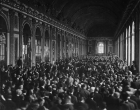
Polychronicon 175: Paris 1919 – a century on
ArticleClick to view -

Cunning Plan 174: creating a narrative of the interwar years
ArticleClick to view -

What kinds of feedback help students produce better historical narratives of the interwar years?
ArticleClick to view -

Absence and myopia in A-level coursework
ArticleClick to view -

The History of Afro-Brazilian People
ArticleClick to view -

History Teaching in Belarus: Between Europe and Russia
ArticleClick to view -

The Effect of Prior Knowledge on Teaching International History
ArticleClick to view -
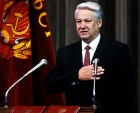
Polychronicon 164: The End of the Cold War
ArticleClick to view -
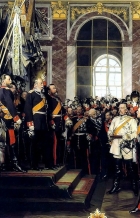
Bismarck after Fifty Years
ArticleClick to view -

Interpreting Agincourt: KS3 Scheme of Work
ArticleClick to view -

Welsh archers at Agincourt: myth and reality
ArticleClick to view -
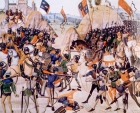
On the campaign trail: walking the Hundred Years War
ArticleClick to view -

The archer's stake and the battle of Agincourt
ArticleClick to view -
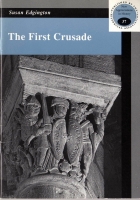
The First Crusade
ArticleClick to view -
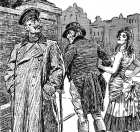
Gary Sheffield: Origins of the First World War
ArticleClick to view -

Richard Evans Medlicott lecture: The Origins of the First World War
ArticleClick to view -
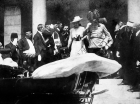
The Assassination of Arch Duke Franz Ferdinand
ArticleClick to view -
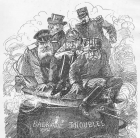
The Origins of the First World War
ArticleClick to view -
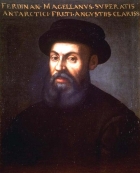
The Great Powers in the Pacific
ArticleClick to view

